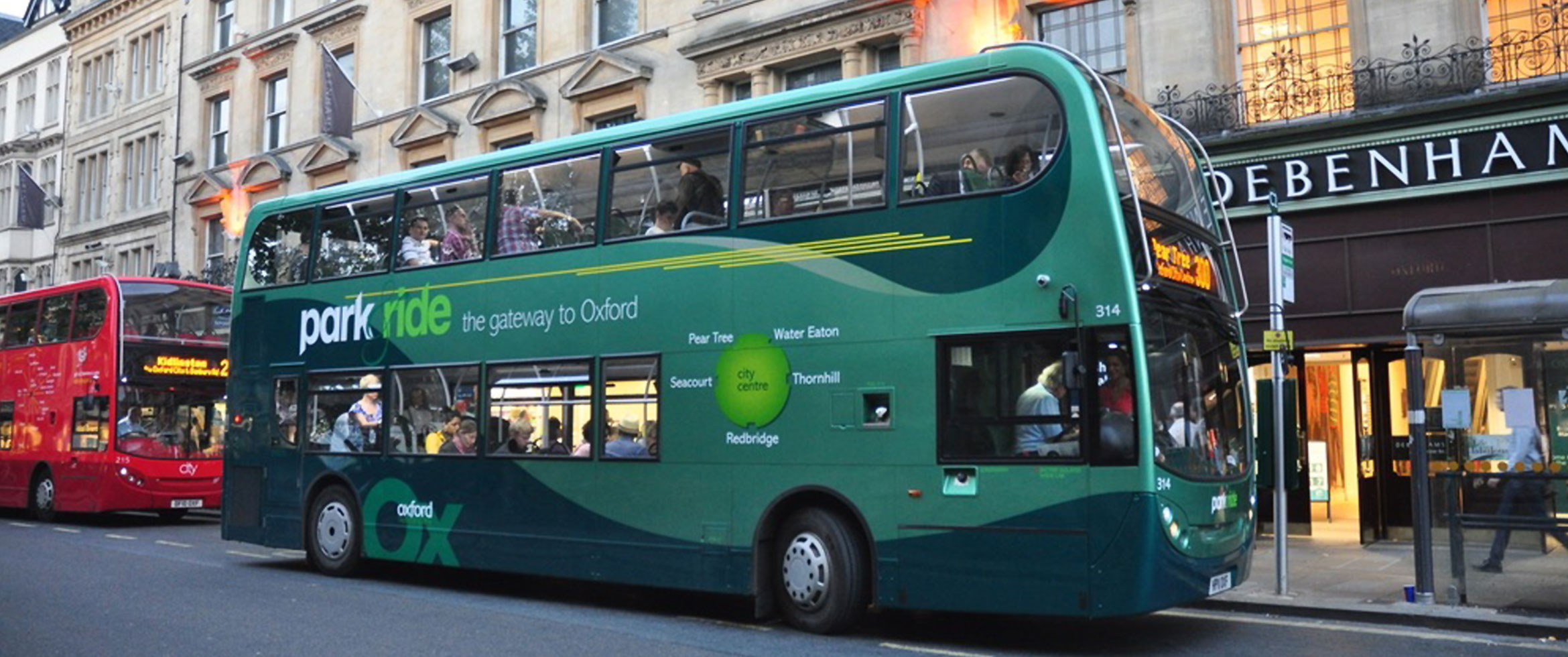Are Psychological and Ecological Well-Being Compatible? The Role of Values, Mindfulness, and Lifestyle
Brown, K., & Kasser, T. (2005). Are psychological and ecological well-being compatible? The role of values, mindfulness, and lifestyle. Social Indicators Research, 74(2), 349-368.
To What Degree are Environmentally Beneficial Choices Reflective of a General Conservation Stance?
Thogersen, J., & Ölander, F. (2006). To What Degree are Environmentally Beneficial Choices Reflective of a General Conservation Stance?. Environment and Behavior, 38(4), 550-569.
Norms for Environmentally Responsible Behaviour: An Extended Taxonomy
Thogersen, J. (2006). Norms for environmentally responsible behaviour: An extended taxonomy. Journal of Environmental Psychology, 26(4), 247-261.
Applying a Modified Moral Decision Making Model to Change Habitual Car Use: How Can Commitment be Effective?
Matthies, E., Klöckner, C., & Preißner, C. (2006). Applying a Modified Moral Decision Making Model to Change Habitual Car Use: How Can Commitment be Effective?. Applied Psychology: An International Review, 55(1), 91-106.
Is a Residential Relocation a Good Opportunity to Change People's Travel Behavior?: Results From a Theory-Driven Intervention Study
Bamberg, S. (2006). Is a Residential Relocation a Good Opportunity to Change People's Travel Behavior?: Results From a Theory-Driven Intervention Study. Environment and Behavior, 38(6), 820-840.
Comparing and Combining Theories to Explain Proenvironmental Intentions: The Case of Commuting-Mode Choice
Wall, R., Devine-Wright, P., & Mill, G. (2007). Comparing and combining theories to explain proenvironmental intentions: The case of commuting-mode choice. Environment and Behavior, 39(6), 731-753.
Reduced Use of Environmentally Friendly Modes of Transportation Caused by Perceived Mobility Necessities: An Extension of the Theory of Planned Behavior
Haustein, S., & Hunecke, M. (2007). Reduced use of environmentally friendly modes of transportation caused by perceived mobility necessities: An extension of the theory of planned behavior. Journal of Applied Social Psychology, 37(8), 1856-1883.
Psychological, Sociodemographic, and Infrastructural Factors as Determinants of Ecological Impact Caused by Mobility Behavior
Hunecke, M., Haustein, S., Grischkat, S., & Böhler, S. (2007). Psychological, sociodemographic, and infrastructural factors as determinants of ecological impact caused by mobility behavior. Journal of Environmental Psychology, 27(4), 277-292.
Affective Appraisals of the Daily Commute: Comparing Perceptions of Drivers, Cyclists, Walkers, and Users of Public Transport
Gatersleben, B., & Uzzell, D. (2007). Affective appraisals of the daily commute: Comparing perceptions of drivers, cyclists, walkers, and users of public transport. Environment and Behavior, 39(3), 416-431.
Social Context, Personal Norms and the Use of Public Transportation: Two Field Studies
Bamberg, S., Hunecke, M., & Blöbaum, A. (2007). Social context, personal norms and the use of public transportation: Two field studies. Journal of Environmental Psychology, 27(3), 190-203.



